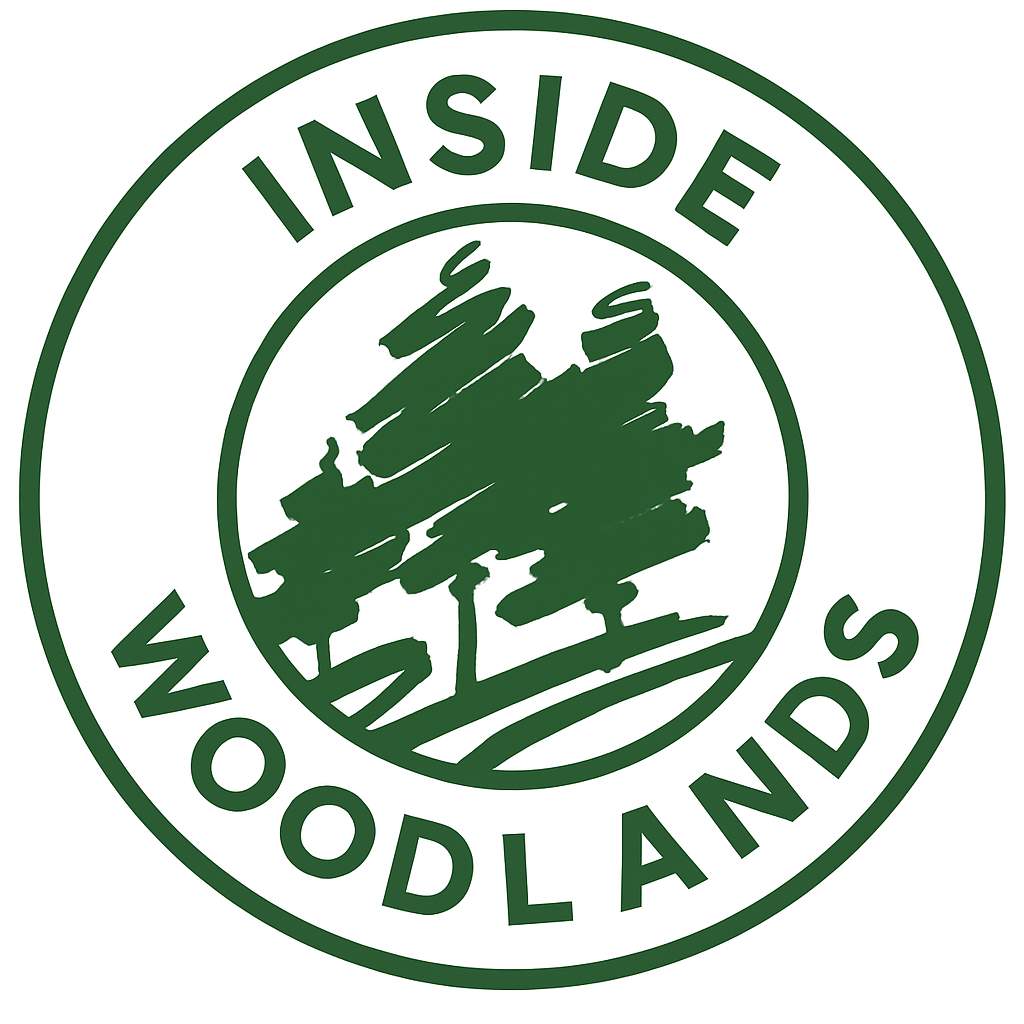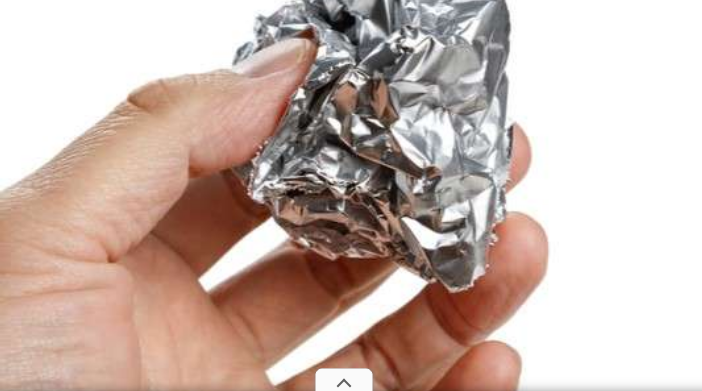Insidewoodlands
Archives
Aluminum Foil: Health and Environmental Concerns
SIGN UP FOR OUR NEWSLETTER
Aluminum Foil: A Kitchen Staple Under Scrutiny |
Exploring Health and Environmental Concerns Surrounding Aluminum Foil Use |
Aluminum foil has long been a go-to in kitchens for its versatility in cooking, baking, and food storage.
However, recent discussions have raised questions about its impact on health and the environment.
It's essential to understand these concerns and consider alternative options.
Health Implications of Aluminum Exposure
Cooking with aluminum foil, especially with acidic or spicy foods, can lead to aluminum leaching into meals.
While the body can handle small amounts, excessive exposure has been linked to health issues like confusion, anemia, and bone softening.
Individuals with kidney problems are particularly at risk, as their bodies may struggle to eliminate excess aluminum.
Although some studies have explored connections between aluminum exposure and neurological disorders, findings remain inconclusive.
Nonetheless, many health experts advise caution and suggest reducing aluminum exposure when possible.
Environmental Impact of Aluminum Foil
The production of aluminum foil is resource-intensive, involving mining and processing that can lead to deforestation, soil erosion, and water pollution.
Additionally, the energy required contributes to greenhouse gas emissions.
In New York City, aluminum foil is recyclable if free of food residue.
However, when contaminated, it becomes challenging to recycle effectively, often ending up in landfills where it can take centuries to decompose.
To recycle aluminum foil properly, ensure it's clean and free of food particles.
It's recommended to save foil pieces and roll them into a ball at least two inches in diameter before placing them in the recycling bin.
Eco-Friendly Alternatives for Cooking and Baking
Fortunately, there are sustainable alternatives to aluminum foil.
Parchment paper is biodegradable and excellent for lining baking sheets or wrapping food for oven cooking.
For high-temperature cooking, consider reusable silicone oven mats or stainless steel baking sheets.
These durable options withstand high heat and are easy to clean.
Cast iron pans offer even heat distribution and a natural non-stick surface when properly seasoned, making them suitable for both stovetop and oven use.
For grilling, cedar wraps and planks provide a flavorful and eco-friendly alternative, imparting a smoky taste to meats and fish without the need for foil.
Sustainable Food Storage Solutions
When it comes to food storage, several eco-friendly options are available.
Reusable silicone food storage bags are flexible, airtight, and can be washed and reused multiple times, reducing waste.
Glass or stainless steel containers with tight-fitting lids are ideal for storing larger quantities of food.
They are durable, safe for reheating, and don't impart any flavors or chemicals to the food.
For covering bowls or plates, stretchy silicone lids or beeswax wraps create an airtight seal and can be washed and reused, offering a sustainable alternative to aluminum foil.
Minimizing Aluminum Exposure in Cooking
If eliminating aluminum foil isn't feasible, there are steps to minimize exposure.
Avoid using aluminum foil for high-temperature cooking above 400°F, as higher temperatures can increase aluminum leaching into food.
Refrain from wrapping acidic foods, such as tomatoes or citrus fruits, in aluminum foil, as acidity accelerates the leaching process.
When using aluminum cookware, consider lining it with parchment paper or using a silicone mat to create a barrier between the food and the aluminum surface.
For storing leftovers, transfer food to glass or stainless steel containers rather than wrapping it in aluminum foil.
By being mindful of these practices, individuals can reduce potential health risks and contribute to environmental sustainability.
Exploring and adopting these alternatives not only promotes personal well-being but also supports broader environmental conservation efforts.
As we become more aware of the impacts of our choices, making informed decisions about everyday items like aluminum foil can lead to healthier lifestyles and a healthier planet. |

